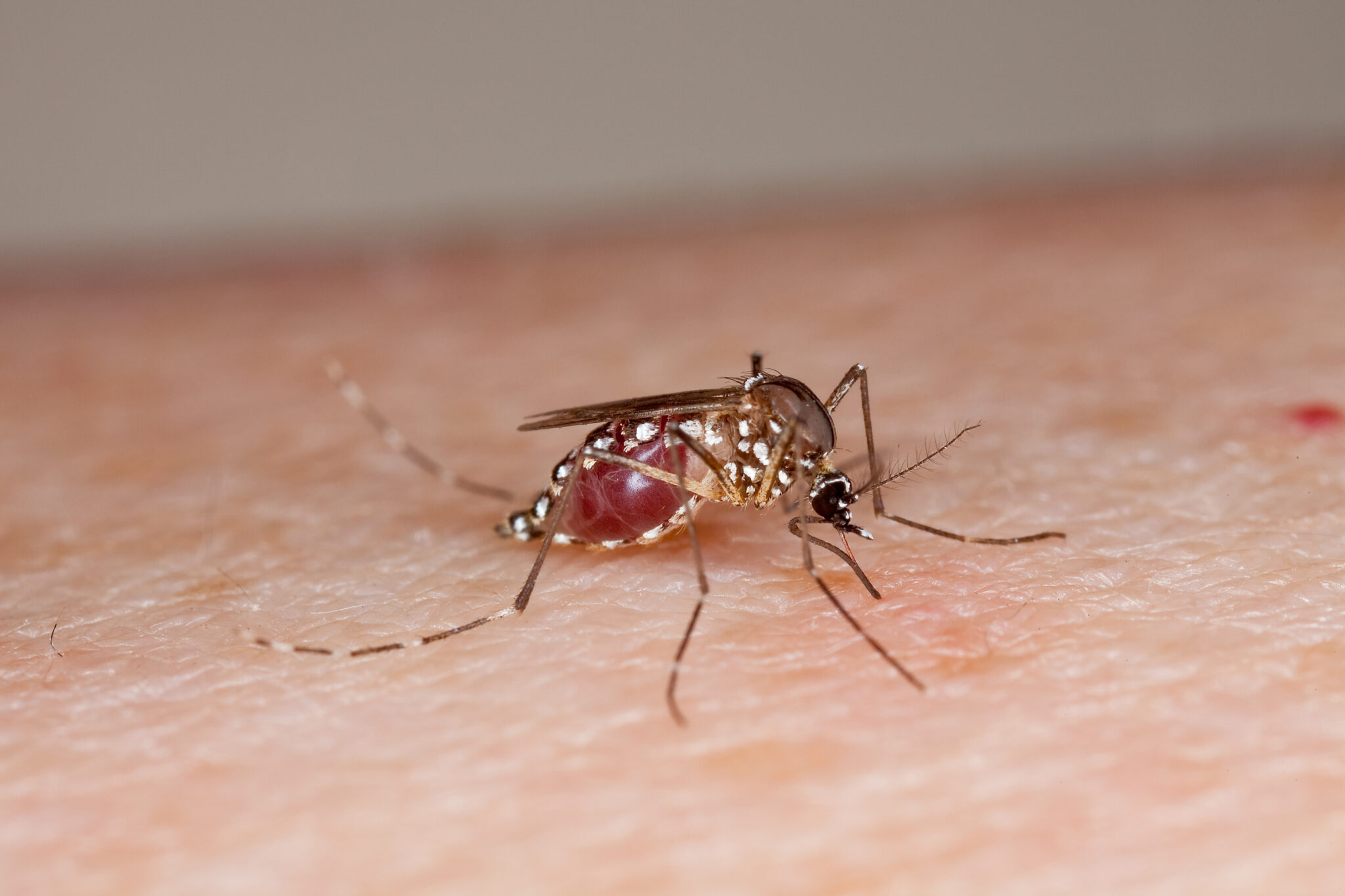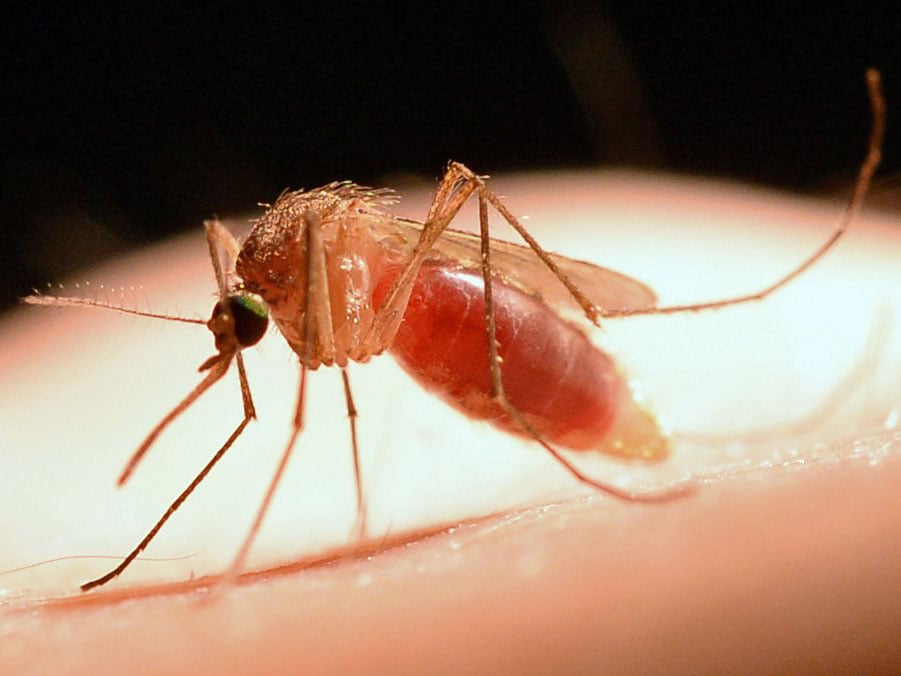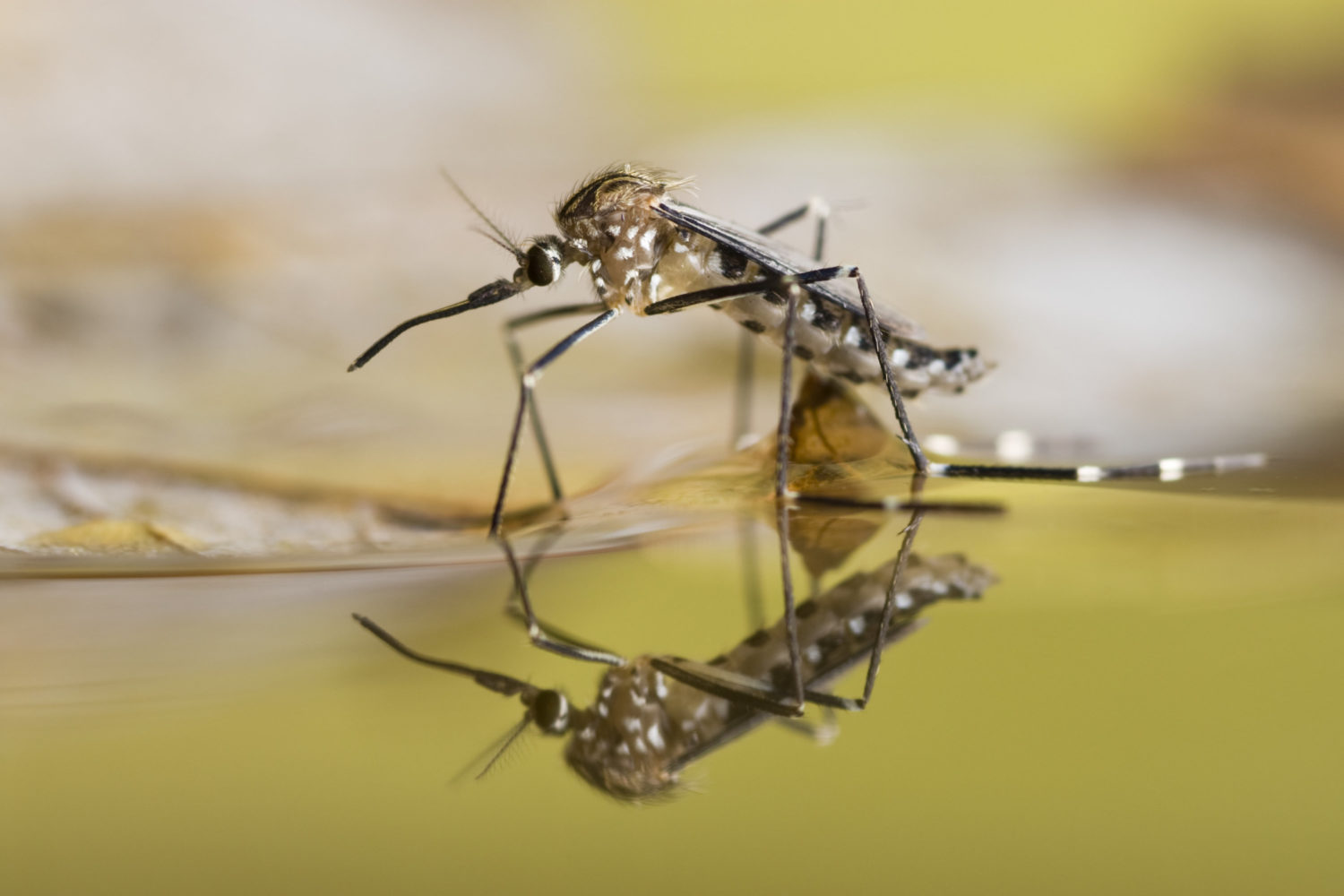Mosquitoes aren’t just annoying—they can be hazardous to your health.
On Tuesday, a 41-year-old New Hampshire man died of eastern equine encephalitis, a rare mosquito-borne illness. And over the weekend, Dr. Anthony Fauci, the nation’s former top infectious disease specialist, was hospitalized with a case of West Nile virus that he may have caught sitting in his backyard in DC.
While Dr. Fauci is expected to make a full recovery, many in the Washington area may still be worried about an annoying skeeter bite turning into something deadly. But Paul Leisnham, an ecology professor at the University of Maryland who specializes in mosquitos and vector-borne disease, says the vast majority of people infected with West Nile virus don’t realize they have it.
“Eighty percent of infections are thought to be asymptomatic,” Leisnham tells Washingtonian. “A very, very small percentage of infections, somewhere like 1 to 2 percent, may result in serious disease.”
The risk factors for coming down with a serious case of West Nile virus aren’t too different from any other illness, Leisnham says, with the immunocompromised and elderly particularly at risk—perhaps explaining the severity of the 83-year-old Fauci’s case.
As for eastern equine encephalitis, Leisnham says he doesn’t expect it to be an issue in the DC area. Mosquitoes that carry the disease primarily live in freshwater swamps, he says, while the majority of mosquitos in our region live in standing water, where they also lay their eggs
“The suite of mosquitoes we have in this urban environment aren’t really terrific vectors of [eastern equine encephalitis],” Leisnham says. “If we do have human cases of it, typically it’s from people who have imported it from elsewhere.”
Accordingly, Leisnham says, one of the leading ways people can reduce mosquito bites—beyond wearing long-sleeve clothes and securing screen doors—is reducing sources of standing water, such as emptying buckets and drainage areas that may be sitting outside during rainfall.
Of course, mosquitos thrive in hot, humid weather. And while Leisnham still ranks the nuisance of their itchy bites as their greatest public health risk to the DC area, he cautions that climate change could lead to a higher prevalence of mosquito-borne illnesses here in the future.
“We’re going to get more favorable environmental conditions, like heavier rainfall and warming temperatures, which will increase mosquitos as well as the invasion of exotic species,” Leisnham says. “The risks will get higher as time goes on.”



















